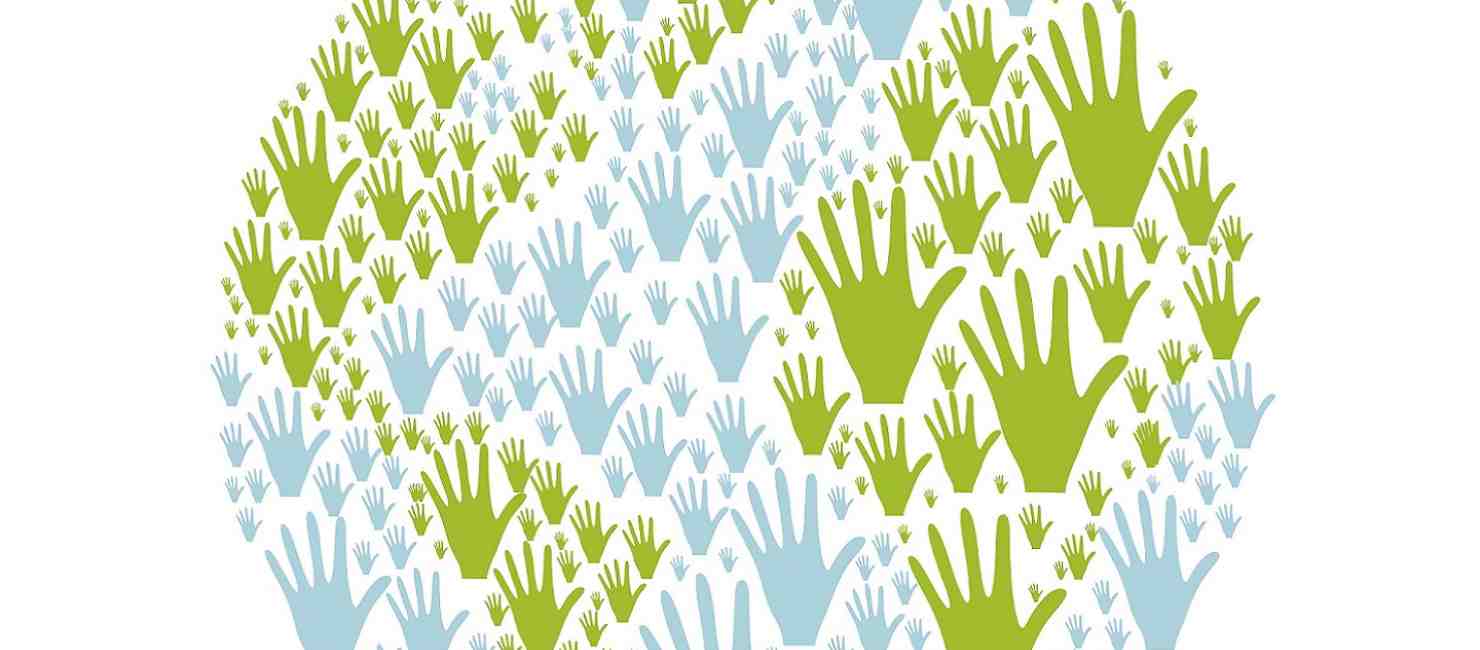Should I contact the police about a sex offender in the neighborhood hanging out with young boys?
Dear Stop It Now!,
I have seen a neighborhood Level 3 offender walking around with several young boys (3-7 year olds) who are not related to him or each other. I have seen him going into a garage with both of them. Should I be contacting the police about this?

Dear Concerned Neighbor,
First, let me thank you for your vigilance in protecting children by being observant and willing to follow up when there is a safety concern. There are several directions you can take with your observations. First, I’m wondering if you have spoken with the boys’ parents about your concern that this man hanging out with their children and going into enclosed places with no other adults present. It’s important that parents are made aware of unsafe situations for their children, and perhaps when this information is shared with them, it will spark their planning for safety for their children. You note that this is a Level 3 offender but I’m not sure if he is a registered sex offender. If he is a registered sex offender, you can call the police where the offenses took place, or your local police, to see if they have information available to the public including whether or not there are currently restrictions on this person, and what they are (such as whether he is able to be with children unsupervised).
If the person has a parole officer, you can also ask if you could speak to the parole officer. According to the Center On Sex Offender Management, one way to find out more about the case of someone who is a registered sex offender is to contact the local criminal court (see Center for Sex Offender Management FAQs). Often, a registered sex offender’s probation criteria is made available to the public.
If you do find out that this individual is in violation of his probation restrictions, you should make your local police and/or his probation officer aware. The more detailed information you have regarding times, dates, children’s names, etc., the more helpful your information can be.
Another option that can be helpful in some situations is to speak directly to the adult you are concerned about, if this is safe to do. Are you aware of any other neighbors or community members who share your concerns and would be interested in partnering with you to talk to this man? Please see Michael’s story of neighborhood action in our Stories of Hope. I realize that this option may seem strange, but research shows that many sex offenders are interested in changing and recovery. When adults can approach them and talk to them about the hope to keep children safe, let them know that the neighborhood is watching out for children and that community members want to see adults who have harmed children have a successful recovery and are able to stop hurting children, then the adult who is at risk may feel like there is a chance for them to lead a safe life. I do want to emphasize that you should only have this conversation if you feel like it is manageable for you and if you can find an ally to join you. To learn when this type of a conversation might be helpful you can download a booklet that Stop It Now! offers for free (go to Guidebooks and click on “Let’s Talk”).
Please also look at our FAQs on the Sex Offender Registry and our prevention tip sheet, Concerned about a sex offender in your neighborhood.
Again, thank you for your vigilance. Please do not hesitate to contact us back for further information or support.
Take care,
Stop It Now!
Feedback:
Please share your feedback on this question
Last edited on: May 28th, 2021

